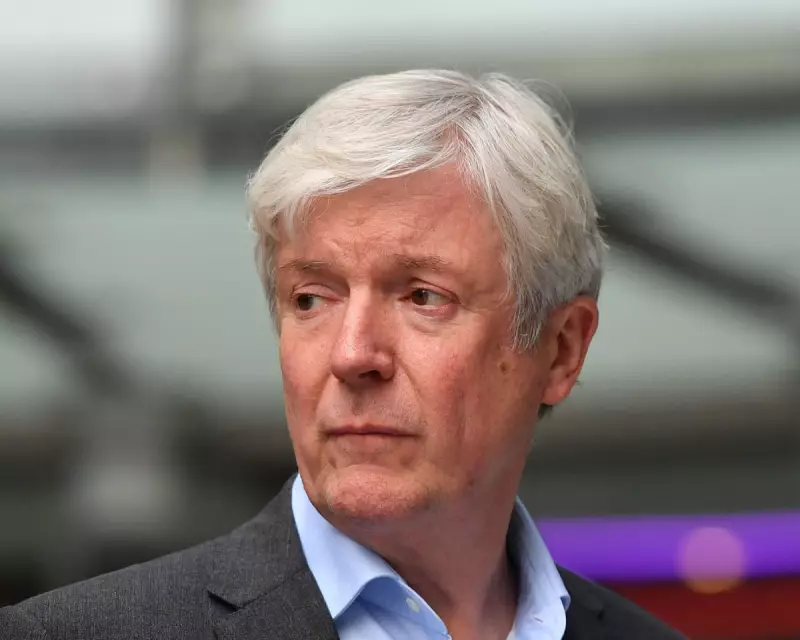
The former director general of the BBC, Tony Hall, has stated unequivocally that the broadcaster should not pay any money to former US President Donald Trump, who is threatening legal action demanding up to $5bn.
A Question of Public Money
Speaking to the BBC's Sunday with Laura Kuenssberg, Lord Hall was clear about the use of licence fee funds. "No, [it] should not happen," he declared. "I don't think we should agree to any money being paid to Donald Trump. You're talking about licence fee payers' money, you're talking about public money. It would not be appropriate."
The dispute originates from an episode of Panorama about the Capitol riot in 2021, which featured a misleading edit of a speech Trump gave on 6 January. The edit made it appear the former president said, "We're going to walk down to the Capitol … and I'll be there with you. And we fight. We fight like hell" as a single statement. In reality, these phrases were separated by more than 50 minutes in his original address.
Turmoil and Resignations at the BBC
Lord Hall, who led the BBC for seven years until 2020, described the video edit as a "serious error" that should have been identified much earlier. The fallout from the programme was significant, leading to the resignation of two of the corporation's most senior figures: the director general, Tim Davie, and the chief executive of news, Deborah Turness.
Further complicating matters, separate reports emerged that a similar edit of Trump's Capitol speech was used in an episode of Newsnight broadcast in June 2022, over two years before the Panorama edit aired. A BBC spokesperson confirmed the corporation is looking into these fresh claims.
Despite the BBC issuing an apology to Trump and agreeing not to broadcast the Panorama episode again, the former president announced his intention to sue. On Friday evening, he told reporters aboard Air Force One, "We'll sue them for anywhere between a billion and $5bn, probably sometime next week."
The Bigger Picture: Impartiality at Stake
Beyond the immediate financial threat, Lord Hall expressed a deeper concern that the valuable work of BBC journalists was being overshadowed. He worried that the "hard work, diligence and the belief in impartiality" of the corporation's staff had been lost in the ensuing debate.
The BBC's chair, Samir Shah, sent a personal apology to the White House, calling the edit an "error of judgment." This was followed by support from the culture minister, Lisa Nandy, who stated the apology was "right and necessary." The corporation maintains, however, that there is no legal basis for Trump's defamation lawsuit.





